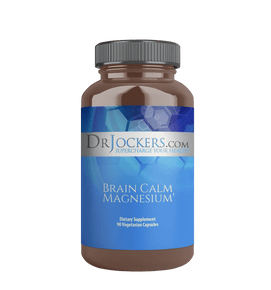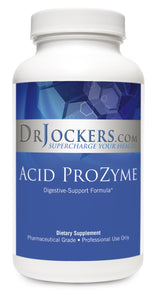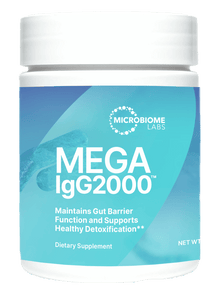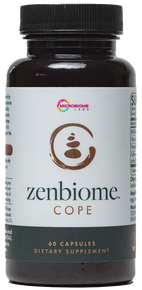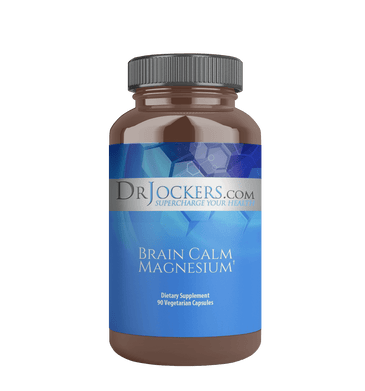Best Sellers & Special Offers


-
Featured Subscription
Subscribe & SAVE 10%Brain Calm Magnesium Capsules
Subscribe & Save Set Up Your Subscription-
Product Details
Scroll to the bottom of the page for supplement facts.

The Importance of Magnesium:
Magnesium is present in all cells of the body and is involved in over 300 enzymatic processes, including energy production. Magnesium is essential for maintaining normal bone density, normal cardiac rhythmicity, healthy heart function, and normal blood glucose regulation.
Magnesium is one of the most common world-wide deficiencies and it plays a role in most of the common health struggles people face every day. Magnesium is a basic element of life much like water and air. We need a lot of magnesium, roughly 1000 mgs/day for a healthy active individual to keep up with the demands of the body. Magnesium is to the body like oil is to a car’s engine and if we are deficient problems will arise.

Magnesium and Detoxification:
Without sufficient magnesium the body struggles to make and utilize protein and enzymes. It is also unable to properly methylate and detoxify and/or process and utilize anti-oxidants like vitamin C and E.
Magnesium is extremely critical for proper detoxification processes. As our world has gotten increasingly more toxic, our need for magnesium has increased.

Introducing Brain Calm Magnesium:
We developed Brain Calm Magnesium in order to provide the best form of magnesium to improve brain function and neuronal health. This product helps you to focus, concentrate and perform at a significantly higher level. In addition, it is fantastic for assisting with anxiety, while improving mood, memory and sleep.
Boosting the brain’s magnesium level is vital to healthy cognition, which includes long- and short-term memory, learning, stress management and sleep.

Bioavailable Magnesium:
Because many forms of magnesium have low bioavailability, we carefully selected magnesium compounds backed by research and studies to formulate Brain Calm Magnesium. This product features a unique combination of highly absorbable, organic Albion minerals—di-magnesium malate and magnesium lysinate glycinate chelate—and Magtein.
Magtein is a groundbreaking organic magnesium compound that was developed by MIT (Massachusetts Institute of Technology) researchers to support “brain power.”

Magtein – Patented Magnesium L-Threonate
Magtein is the result of 10 years of research at MIT. This novel form of magnesium is changing the way we support brain health. Unlike other brain products on the market that work via brain stimulation (often overstimulation), Magtein works via a completely different mechanism.
When brain magnesium levels are not optimal, synapse function deteriorates. By delivering magnesium into synapses, Magtein helped brain cells stay healthy, without being overactivated; consequently, brain cells respond to signals with clarity and robustness.*

Magtein Raises Brain Magnesium Levels
Studies show that Magtein crosses the blood-brain barrier and raises the brain’s magnesium levels, which result in increased magnesium deposits in neural synapses, increased neural synaptic density, and improved brain function.[2.4]
One animal study showed that when the bioavailability of several magnesium compounds was compared to controls, only Magtein significantly enhanced magnesium bioavailability and produced a significant increase (7% to 15%) in rat cerebrospinal fluid.[2] These small but significant increases in brain magnesium levels produced profound effects on neurological function.
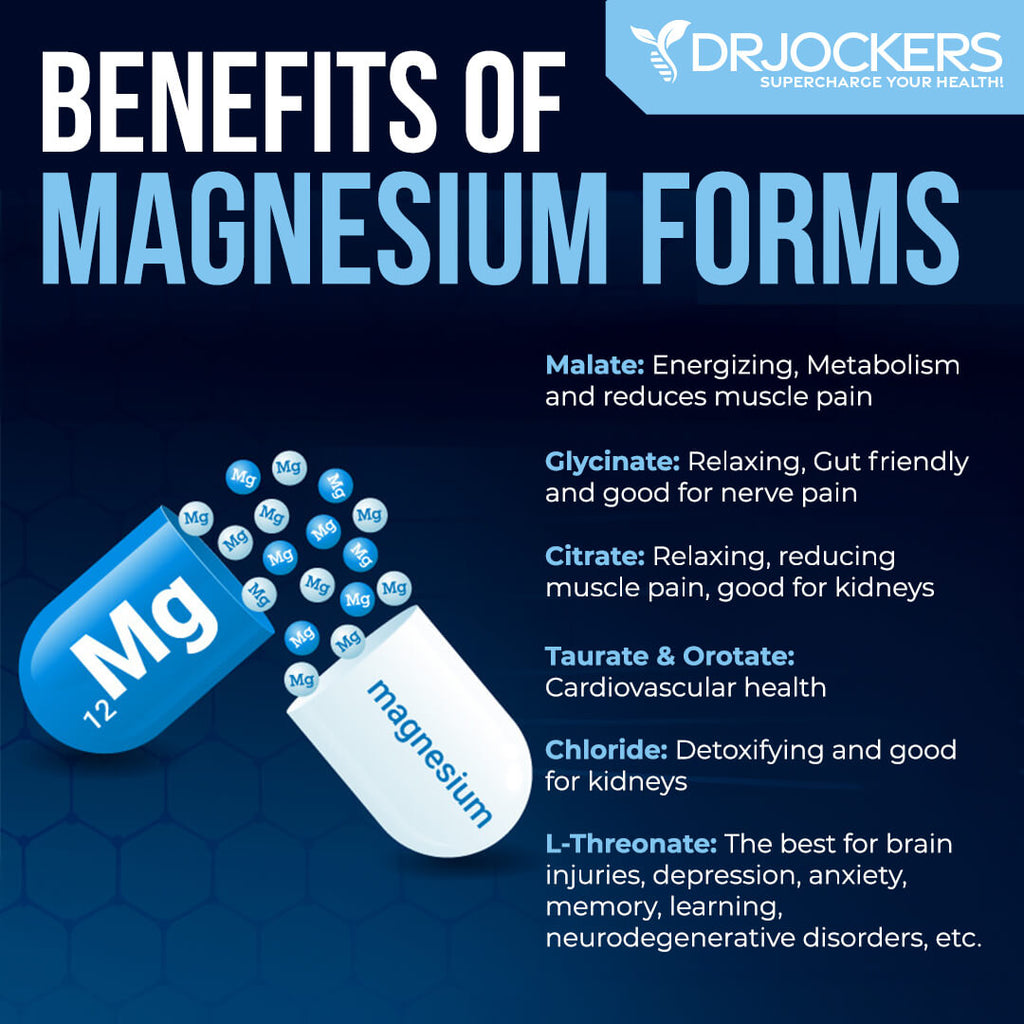
Magtein Supports Healthy Synaptic Number and Function
Maintaining extracellular magnesium in the brain helps preserve synaptic density and keeps the synapses working properly.[2,5] By increasing magnesium concentration in the extracellular fluid, researchers observed permanent enhancement of synaptic plasticity in networks of cultured hippocampal neurons.[5]
Delving deeper into the mechanisms involved, later animal research showed that magnesium increased receptor signaling; specifically, the signaling of the NR2B-containing N-methyl-D-aspartate (NMDA) receptor. NMDA receptors are rich in the hippocampus and play a pivotal role in memory processes.
Data from these studies suggest that increasing brain magnesium with Magtein “enhances both short-term synaptic facilitation and long-term potentiation and thereby supports synaptic plasticity and learning and memory functions in rats.”[2,3,6]

Magtein Supports Cognitive Health
The benefits of Magtein were observed in several pre-clinical animal studies that used assessments, such as the NORT (novel object recognition test), T-maze, Morris water maze, conditioned fear memory, and conditioned taste aversion.
In these studies, researchers demonstrated that when brain magnesium levels were increased, significant benefits were detected in multiple aspects of learning and memory in young and aged rodents.[2,4,7]
For instance, NORT tests performed by Slutsky et al revealed ≈135% improvement in short-term memory and ≈85% improvement in long-term memory of aged rats treated with Magtein as compared to control (untreated) rats.
One study examined the effects of Magtein in test mice (genetically altered mice that model age-related cognitive changes). Li et al found that the test mice not given Magtein exhibited “unequivocal learning deficits,” while the test mice given Magtein performed similarly to normal mice.[3]
In short, Magtein helped preserve normal brain function. When magnesium levels in the brain tissue were quantified, the relationship became even clearer: According to researchers, brain magnesium levels positively correlated with cognitive function; that is, the lower a mouse’s brain magnesium level, the poorer its memory function in the NORT task.
Furthermore, histological analysis of brain tissue showed that Magtein administration preserved synapse density and NMDA receptor signaling and also had positive effects on the expression of certain proteins associated with changes in memory.*[3]
A large-scale human clinical trial has recently been completed. The results, publication forthcoming, support the in vitro and animal findings that Magtein positively affects memory, cognition, and synapse density.
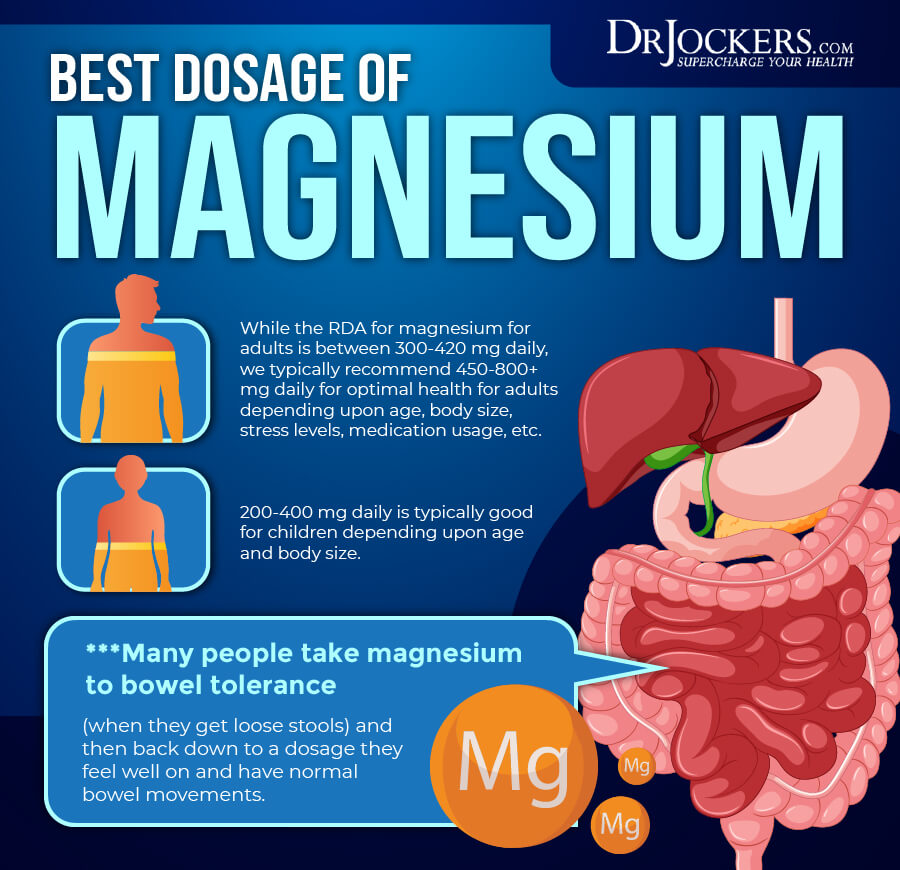
Magnesium in Stress Management, Sleep Quality, and Mood
Magnesium is known to benefit the body in ways that counter stress, promote restful sleep, and support a healthy mood. In rats, magnesium administration attenuated neurologic changes brought on by chronic mild stress.[8]
Additionally, by increasing fear memory extinction, Magtein showed promise as a modulator of worry.[4,9] In human studies, magnesium supplementation partially reversed sleep changes associated with aging and improved objective and subjective measures of sleep.[10,12]
Improving sleep quality and countering the effects of chronic stress positively impact mood— another area that is beneficially influenced by optimal magnesium status.(8,9,13,14)

How I Use This Product:
I use Brain Calm Magnesium on a daily basis myself during the daytime in order to improve my concentration and productivity. I also take some at night and have noticed much deeper and more restorative sleeping patterns.
I use this product with clients that are struggling with memory, anxiety, sleep, and mood issues.

-
-
Featured Subscription
Subscribe & SAVE 10%Acid Pro-Zyme
Subscribe & Save Set Up Your Subscription-
Product Details
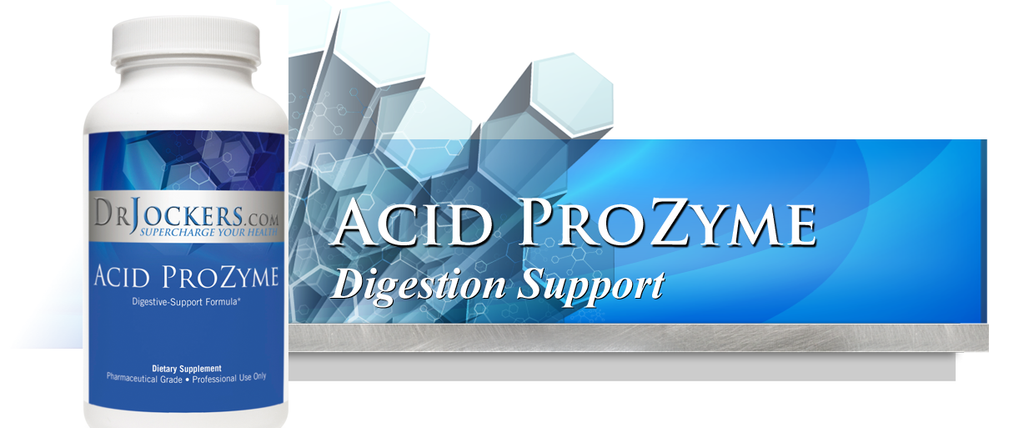
Our digestive tract is one of the key interfaces between the external environment and our blood stream. Much of our perception of our environment comes by the way of our digestive tract. When the digestive tract is damaged it produces rampant inflammation and stress throughout the entire body.
Poor digestion is more the rule than the exception in our society. Our culture doesn’t prioritize the time and energy our digestive system to needs to optimally process the food we consume. We often eat multiple meals a day including very large meals with foods that do not digest well together. We eat on the go, deal with stressful activities while eating or shortly after and consume toxic irritants on a regular basis.
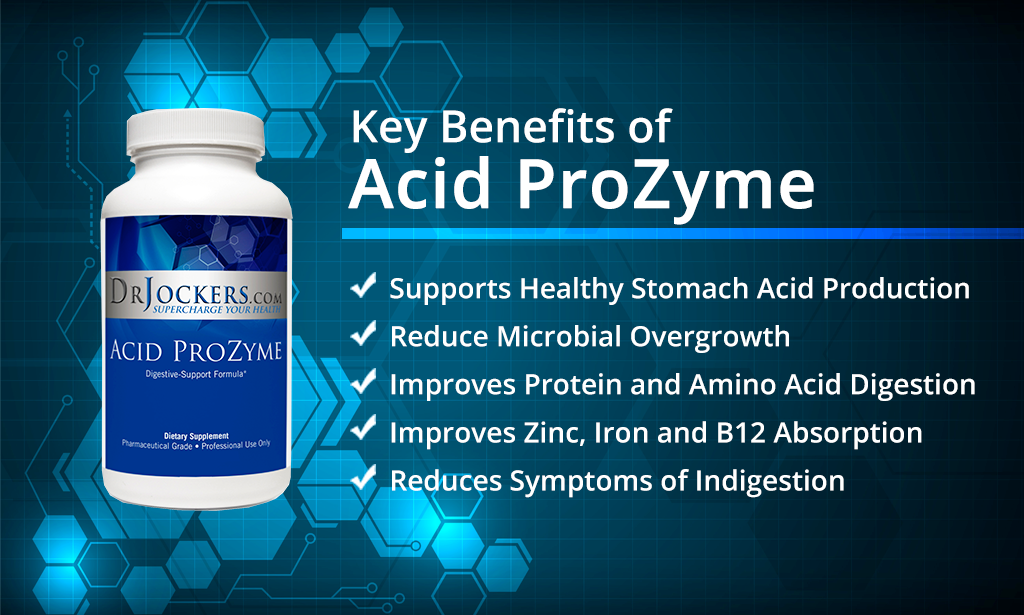
Good Digestion Begins in the Stomach:
Hydrochloric acid is necessary for creating an acidic environment in the stomach to digest protein and ionize minerals. This also helps to stimulate bile release from the gallbladder to effectively metabolize fat in the small intestine. Without these key functions working optimally we become at risk for anemia, thyroid problems, osteoporosis and auto-immunity (1,2,3).
Low stomach acid in a very common problem especially in older individuals or those who have suffered from various infections like H Pylori, been on anti-biotics and other medications like non-steroidal anti-inflammatories (4, 5, 6). Low stomach acid sets the stage for damage to the delicate lining of the digestive tract.
Symptoms Associated with Low Stomach Acid:

Importance of Healthy Stomach Acid:
When you have low stomach acid you are unable to effectively breakdown protein in the stomach. This allows very large proteins to get into the small intestine and creates major stress on the pancreas to produce enough enzymes to metabolize the proteins.
This ultimately wears out the pancreatic enzyme stores and creates stress and irritation throughout the gut. It also leads to insufficient absorption and utilization of key amino acids that make up the protein molecules (7)
Large proteins and incomplete digestion can cause irritate the lining of the intestinal wall and trigger auto-immune activity in different regions of the body. Improper protein digestion also leads to small intestinal bacterial overgrowth, fuels Candida and other parasites. It also creates an acidic blood stream and depletes minerals throughout the body. Mineral depletion leads to the inability to form stomach acid and the vicious cycle continues.
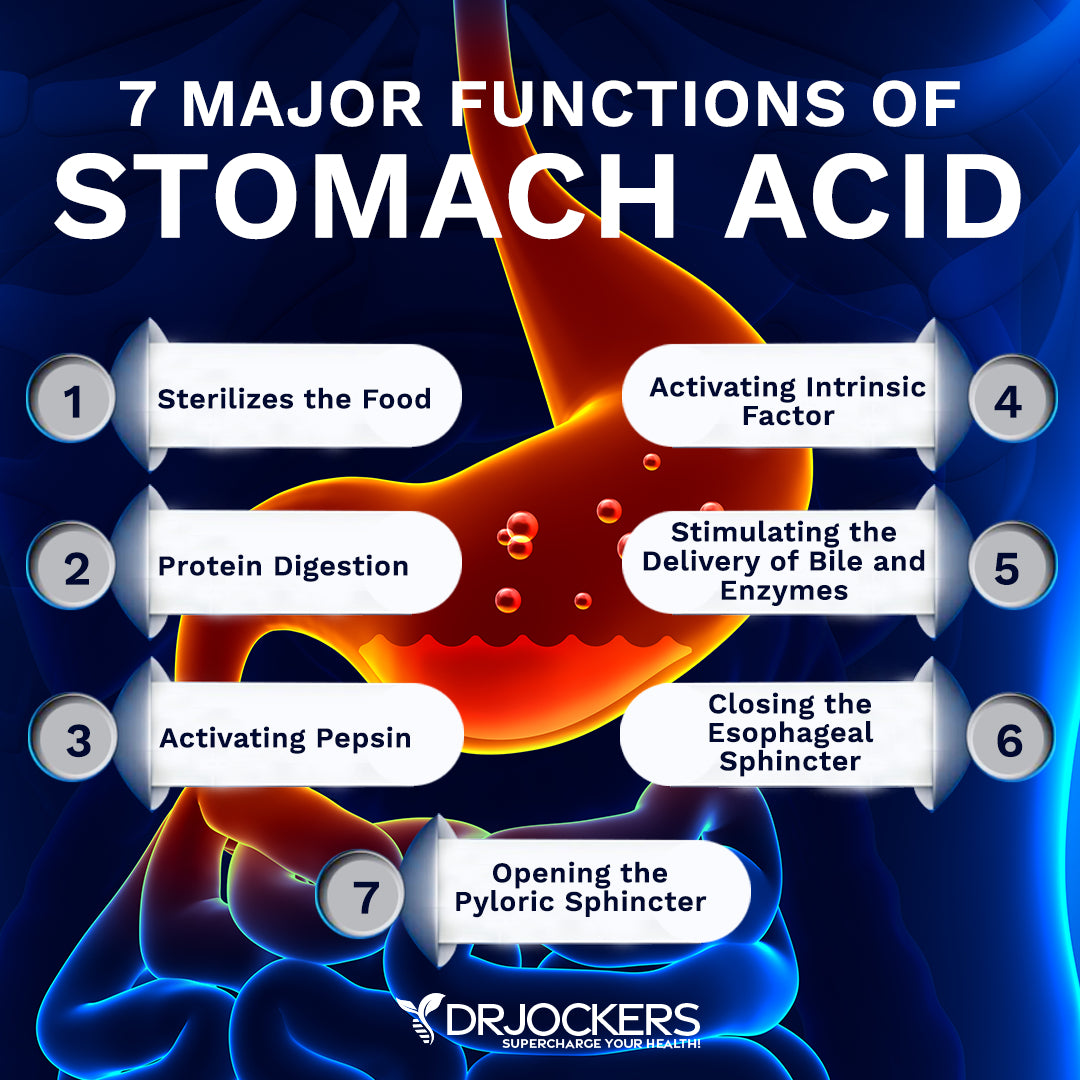
Vicious Cycle of Low Stomach Acid:
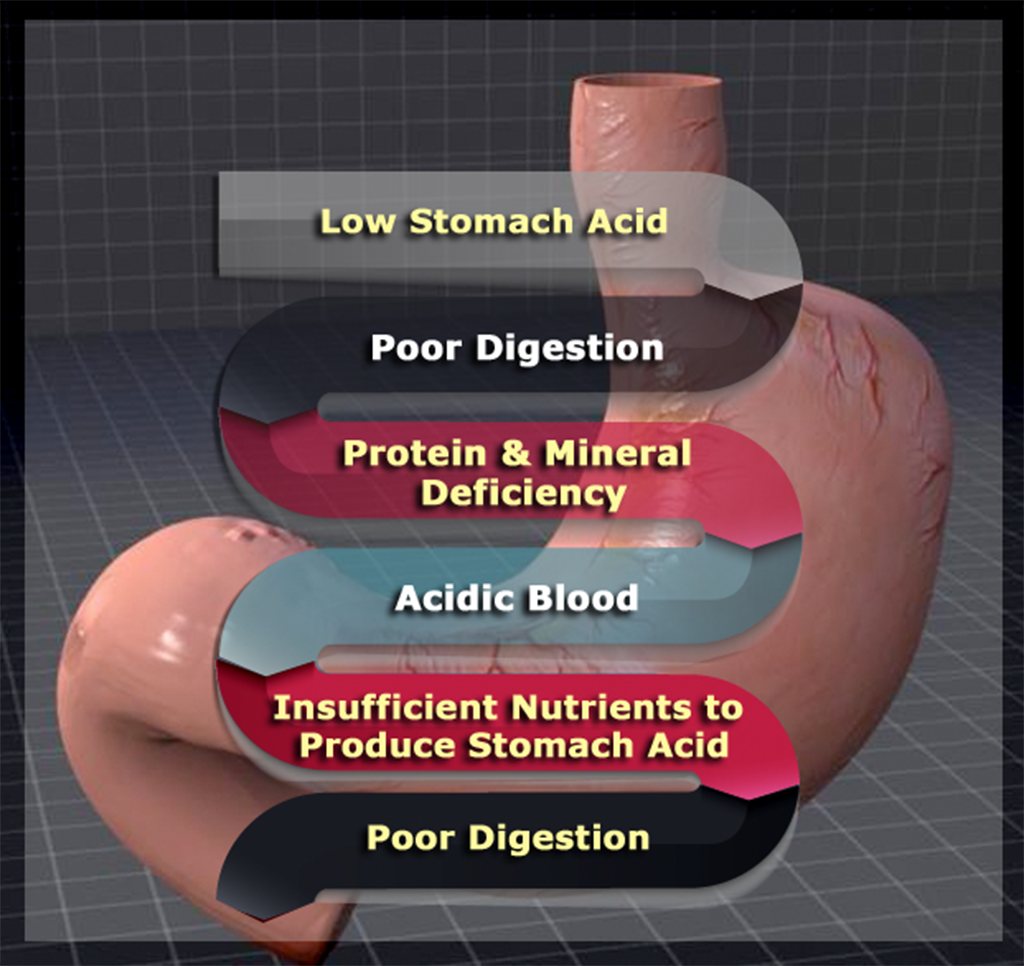
Introducing Acid Pro-Zyme:
Acid Pro-Zyme provides a variety of health-supportive factors. L-glutamic acid, betaine HCl, and pepsin, a proteolytic enzyme, which assist in protein digestion. Gentian root, an herbal bitter, promotes normal secretion of saliva and gastric acid for digestive support. HCl(hydrochloric acid) supports nutrient absorption and help maintain a healthy gastric pH, which, in turn, can support healthy gastric ecology.
Support of natural gastric secretions and acidity helps support normal digestion, absorption, and immune health.[8] Maintaining an acidic pH in the stomach helps support normal gastric and intestinal flora as well.*[9,10]
Betaine HCL:
This is the best form of supplemental hydrocholoric acid for improved digestion (11). Betaine HCl, the acidic form of betaine, has traditionally been used to support digestion and absorption due to its ability to lower gastric pH.*(12)Betaine Hydrochloride (HCl) Betaine (also known as trimethylglycine) is a natural substance found in foods such as beets and spinach. Research suggests that betaine supports cell health by acting as a methyl donor, and this, in turn, supports healthy methionine, homocysteine, and hepatic fat metabolism. Betaine also functions as an osmolyte, which supports the integrity of cells and proteins during fluctuations in hydration, salinity, and temperature.
Pepsin:
This is a very important proteolytic enzyme that should always accompany any Hydrochloric acid supplement. Pepsin is the only major digestive enzyme in the stomach is dependent upon Hydrochloric acid production. If one is not producing enough hydrochloric acid the stomach will not secrete pepsin which will further hamper protein digestion. This is extremely common as people age.Porcine pepsin, in addition to betaine HCl, is provided in Acid Pro-Zyme with the goal of promoting more endogenous pepsin production.*[13]
L-Glutamic Acid:
L- Glutamic Acid This amino acid can be obtained from dietary protein or synthesized endogenously from other amino acids, such as glutamine. L- glutamic acid is used in GastrAcid as an acidifying agent.Gentian Root:
This herb helps to soothe and heal an irritated stomach and intestinal lining and naturally stimulate the flow of stomach acid, bile and pancreatic enzymes for optimal digestion. The active ingredients in the root include the bitter glycosides gentiopicrin and amarogentin. These digestive bitters provide the digestive system with the full array of nutrients for proper function.People with low stomach acid have irritated stomach and intestinal linings. It is important to not only support the stomach acid production process but also provide key nutrients to support the healing process of the entire digestive system. These nutrients also stimulate proper mucous secretions to protect the sensitive stomach and intestinal linings.
Due to the stimulant effect that gentian root has on endogenous production of HCl, individuals may be able to discontinue Acid Pro-Zyme after a period of use.[14, 15]
Recommended Use:
Acid Pro-Zyme is formulated with a variety of compounds and is designed to support gastric acidity, digestion, and normal gastrointestinal flora. Acid Pro-Zyme should be taken with, or immediately following a meal. Do not use if there is a prior history of, or a current complaint of, a peptic or duodenal ulcer.

-
-
Featured Subscription
Subscribe & SAVE 10%MegaIgG2000 Powder
Subscribe & Save Set Up Your Subscription-
Product Details

Immunoglobulin G (IgG) is the most abundant antibody in the system and can be found in blood and extracellular fluid, allowing it to control infections in the body. IgG antibodies can bind a variety of pathogens, including bacteria, viruses and fungi, as well as their toxic by products. Binding these toxins will neutralize them and allow the immune system to safely remove them from the body.

Who Can Benefit?
- Patients suffering from increased intestinal permeability
- Dairy-sensitive patients who cannot consume colostrum for immunoglobulin support
- Individuals on protocols that cause massive bacterial die-off like antibiotics or herbal antimicrobial cleanses
- Gut-brain axis dysregulation (impairments in mental, cognitive or emotional health)
- Skin disorders related to gut-skin axis dysregulation
Suggested Use
Ages 2+: Take 1 scoop daily with or without food or as directed by your healthcare practitioner. Mix powder into 16 oz. of cold water or liquid of your choice. Stir for 20 seconds. For children under the age of 2, please consult your healthcare practitioner. Drink plenty of fluids
Common Concerns
DO NOT consume if patient has a beef allergy.
-
-
Featured Subscription
Subscribe & SAVE 10%Zenbiome Cope
Subscribe & Save Set Up Your Subscription-
Product Details

Stress: The Modern Epidemic
According to a recent report from the American Institute of Stress, a large subset of the population is experiencing occasional stress that impacts their lifestyle. One in 10 Americans seek intervention to manage stress-related issues, including to support occasional mood changes, occasional sleeplessness, and lack of energy.
The Gut-Brain Axis and the Psychobiome
The gut-brain axis, a bidirectional communication between gut microbiota and the central nervous system (CNS), may play a role in cognitive function, digestion, and mood. Studies show that 80-90% of the fibers in the vagus nerve are linked to the gut, providing a physical link through which the gut microbiota communicate with the brain.
Relatedly, the term psychobiome is used to describe the interaction between a person’s collective microbiome and his mental state. A diverse and balanced microbiome can help maintain the gut-brain axis.
A psychobiotic is used to describe the commensal bacteria that play a role in the gut-brain axis and support brain health.
1714™: A Trail-blazing Psychobiotic
Our solution to supporting the psychobiome uses cutting-edge probiotic technology. 1714™, a unique strain of Bifidobacterium longum, is an up-and-coming psychobiotic that can help support the management of occasional stress and its biochemical expression within the human body.
This psychobiotic exerts its effect by supporting NF-kB signaling and cytokine production, supporting IL-10 levels, and targeting the HPA axis to support healthy cortisol levels. 1714™ may support mental health, cognitive process, neurotransmitters, and overall feeling of well-being.
In a 4-week human trial, 1714™ reduced perceived stress, improved memory performance, reduced mental fatigue, positively supported brainwave activity, and improved ability to handle occasional stress.

Recommended Dosing Instructions:
Ages 8+: Take 1-2 capsules with or without a meal, or as directed by your healthcare practitioner.
-
Dr. Jockers Support Packs
Hand-Selected to Save You Time & Money!
Our customers have spoken!
"The hand-selected products put together by Dr. Jockers are amazing! They make it easy to target my personal trouble areas, hit my goals and supercharge my health!"





